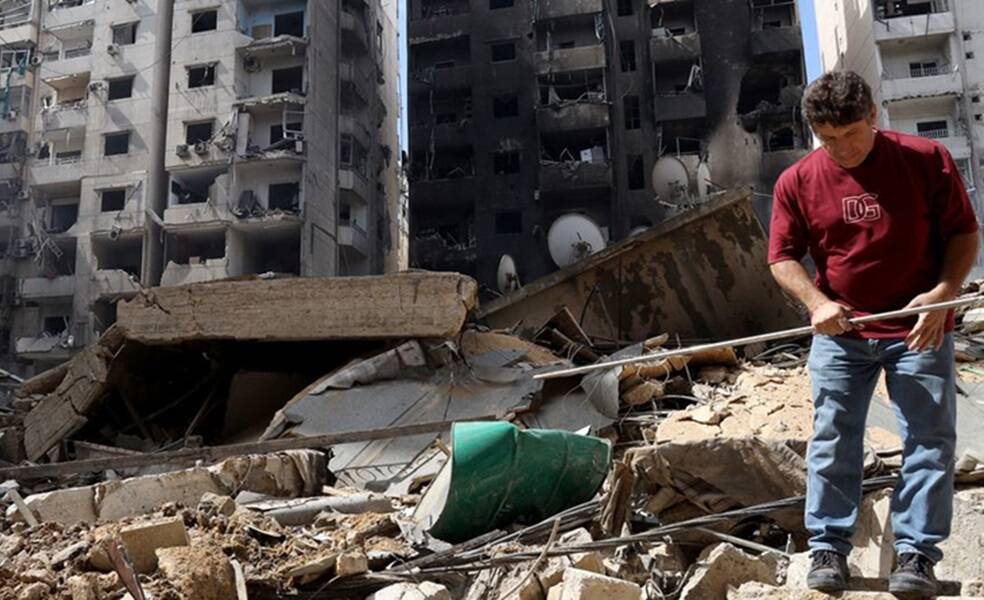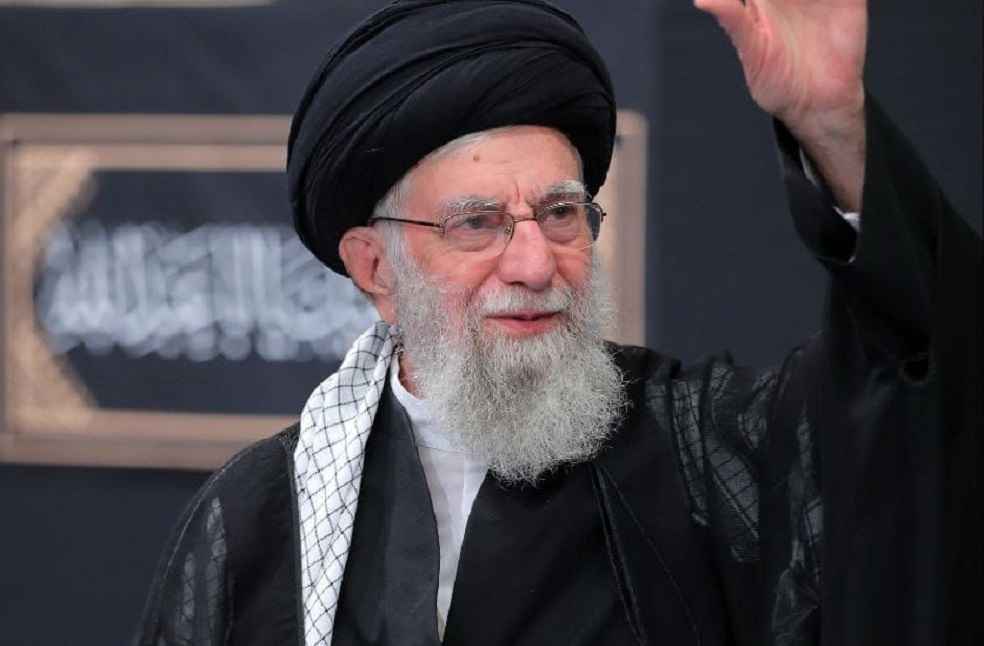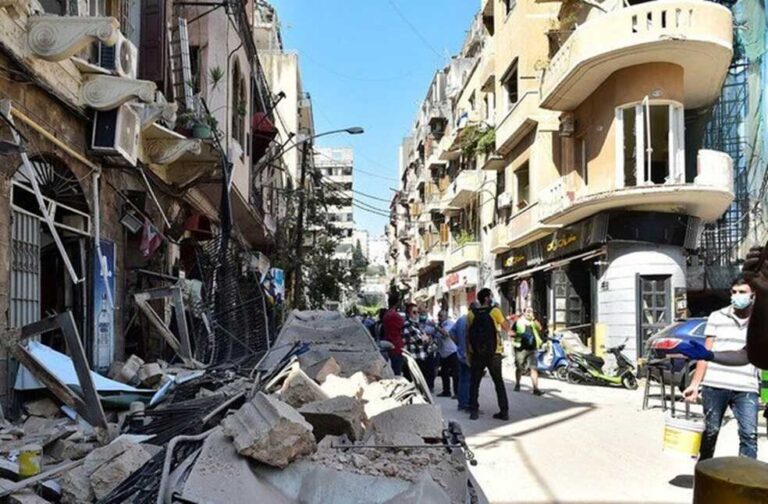Beirut: Israeli forces have conducted airstrikes on the intelligence headquarters of Hezbollah in Beirut, assessing damage after targeting senior members of the Iran-backed group. The strikes follow the heightened tensions after Iran’s missile attack on Israel earlier this week, which Tehran carried out in response to Israeli military actions in Lebanon.
Widening conflict & rising oil prices
The conflict has contributed to rising oil prices, with markets reacting to the possibility of Israeli strikes on Iranian oil facilities. Israel has been advancing its efforts to push back Hezbollah militants in Lebanon and weaken Hamas in Gaza.
The airstrikes on Beirut, part of a broader offensive that has displaced over 1.2 million Lebanese, were reportedly aimed at Hashem Safieddine, a prominent Hezbollah leader and potential successor to the late Sayyed Hassan Nasrallah, who was killed by Israeli forces last week. Safieddine’s status remains unclear, and neither Israel nor Hezbollah have commented on the attack.
Evacuation alerts
Early Saturday, explosions were heard, and smoke was visible over Beirut’s southern suburbs, as the Israeli military issued evacuation warnings for residents in Burj al-Barajneh, Choueifat, and Haret Hreik. The strikes have further increased tensions, with Hezbollah reporting ongoing clashes between its fighters and Israeli forces near the Lebanese town of Odaisseh.

US and International Reactions
US President Joe Biden acknowledged the complexity of the situation, stating that Israel has not yet finalised its response to Iran. When asked whether Israeli Prime Minister Benjamin Netanyahu’s actions might influence the upcoming US election, Biden dismissed the notion but reiterated his administration’s strong support for Israel.
Lebanon’s government has reported that over 2,000 people have been killed in the ongoing conflict, most within the last two weeks. UN spokesperson Stephane Dujarric condemned the civilian death toll, calling it “totally unacceptable.”
While Israel insists that its operations target Hezbollah’s military capabilities, Lebanon has accused Israel of disproportionately attacking civilians, including women and children. Israel has countered by accusing Hezbollah and Hamas of hiding themselves among civilian populations.
Iran’s defiant stance
Iran’s missile attack was a direct retaliation for Israel’s assassination of Hezbollah leader Nasrallah, a key figure in the group’s rise as a formidable military and political force in the Middle East. Iranian Leader Ayatollah Ali Khamenei, in a public address, vowed that Iran and its allies would not back down, urging resistance against Israel.

Khamenei emphasised that further attacks on Israel would serve both the region and humanity, framing Iran’s actions as legitimate self-defence. Iranian military officials also warned of retaliatory strikes on Israeli energy and gas infrastructure if hostilities continue.
Beirut devastated
In Hezbollah’s stronghold in Beirut, many buildings have been reduced to rubble, with widespread damage reported in the city’s southern suburbs. The Islamic Health Authority reported the deaths of 11 medics in Israeli strikes across southern Lebanon, underscoring the heavy toll on health workers.
Despite calls for a ceasefire, the violence shows no sign of abating. Iran’s Foreign Minister Abbas Araqchi, visiting Beirut, expressed support for a ceasefire but stressed that any agreement must be supported by Hezbollah and coincide with Gaza ceasefire.



